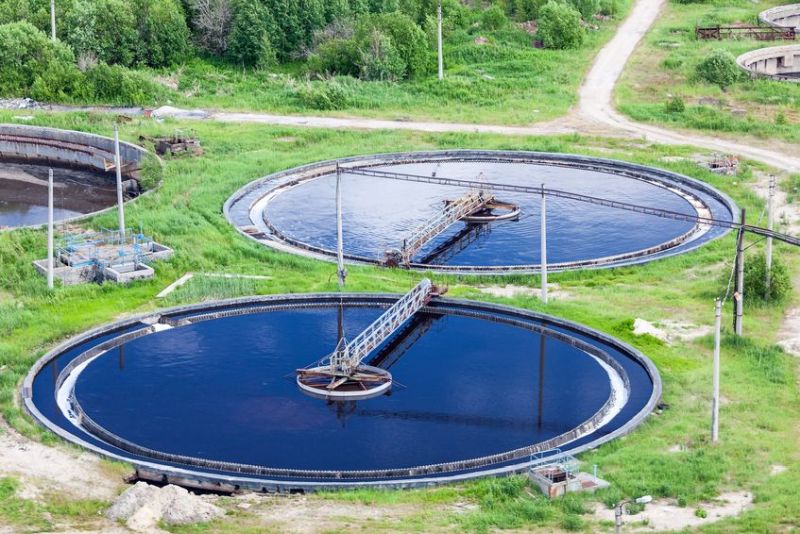
Severn Trent is working in collaboration with a UK tech firm to adopt a new treatment process and convert wastewater sludge into a 'super fertiliser'.
The project has the potential to combine carbon dioxide with otherwise hard-to-treat ammonia and make a commercial fertiliser for farms.
It focuses on a new process, developed by 'cleantech' company CCm Technologies, which uses captured carbon dioxide to stabilise chemicals held within waste streams, turning them into sustainable plant nutrients.
This gives the potential to develop an enhanced fertiliser product for agricultural application, potentially creating new commercial opportunities for Severn Trent.
This stabilisation also process reduces greenhouse gas emissions on-site, while the carbon-free heat co-generated in the proprietary process will be used to reduce energy consumption across the site, aiding Severn Trent toward zero carbon operations.
CCm Technologies has been awarded approximately £1 million government funding from the Carbon Trust to explore the new sustainable way.
Their approach is a world-first for the wastewater sector, which hopes to substantially reduce the amount energy needed as well as increasing water quality.
Bob Stear, chief engineer at Severn Trent, said the project could be a 'real game changer'.
“While Severn Trent generates the equivalent of half the energy we need from renewable sources – mainly from anaerobic digestion and biogas – we want to do more to lock up the carbon dioxide that inevitably comes from the processes we use.
“What’s particularly exciting about this project is that it has the potential to combine carbon dioxide with otherwise hard-to-treat ammonia and make what we hope will become a ‘super fertiliser’.”
Professor Peter Hammond, CCm’s co-founder added: ”This is a meaningful breakthrough that will allow our technology to demonstrate the release of significant plant nutrient resources held by Severn Trent and use them to lock captured carbon back into the soil, paving the way for greater sustainable agriculture in the UK.”
